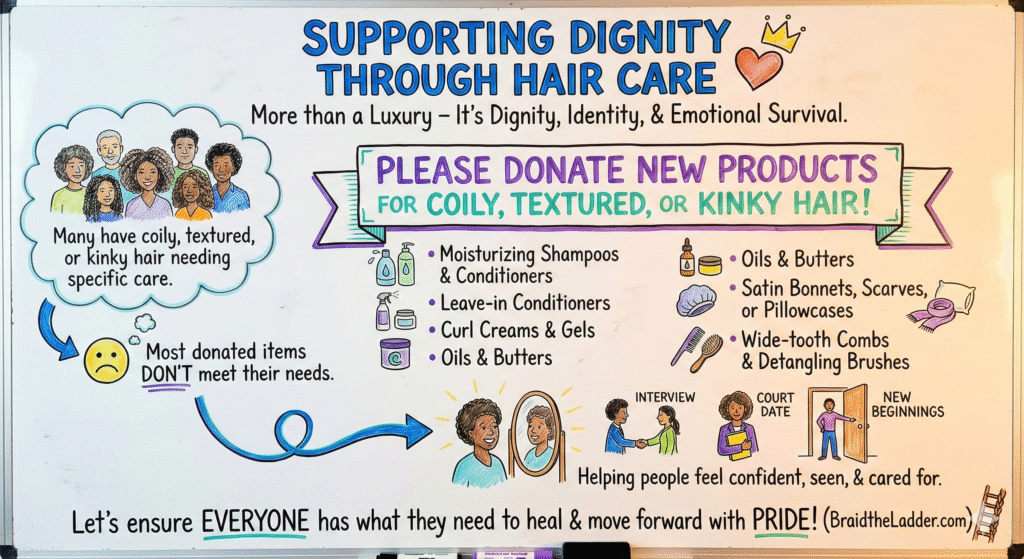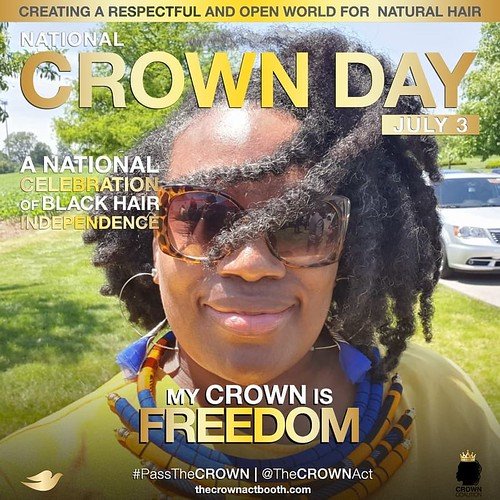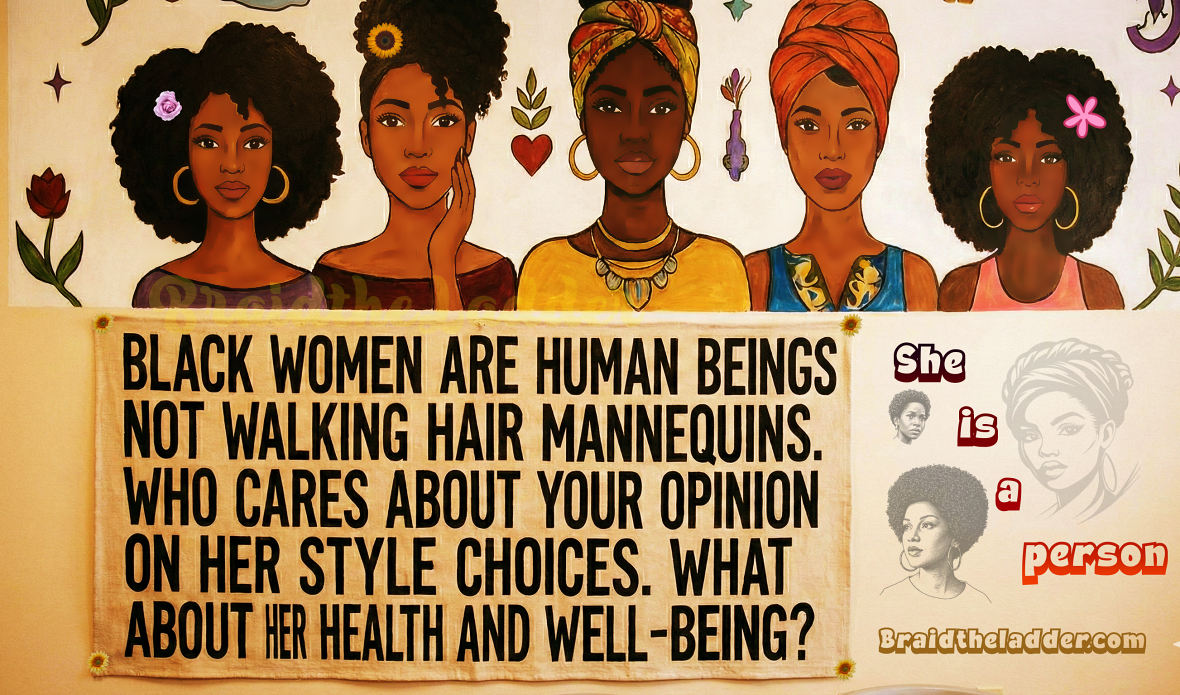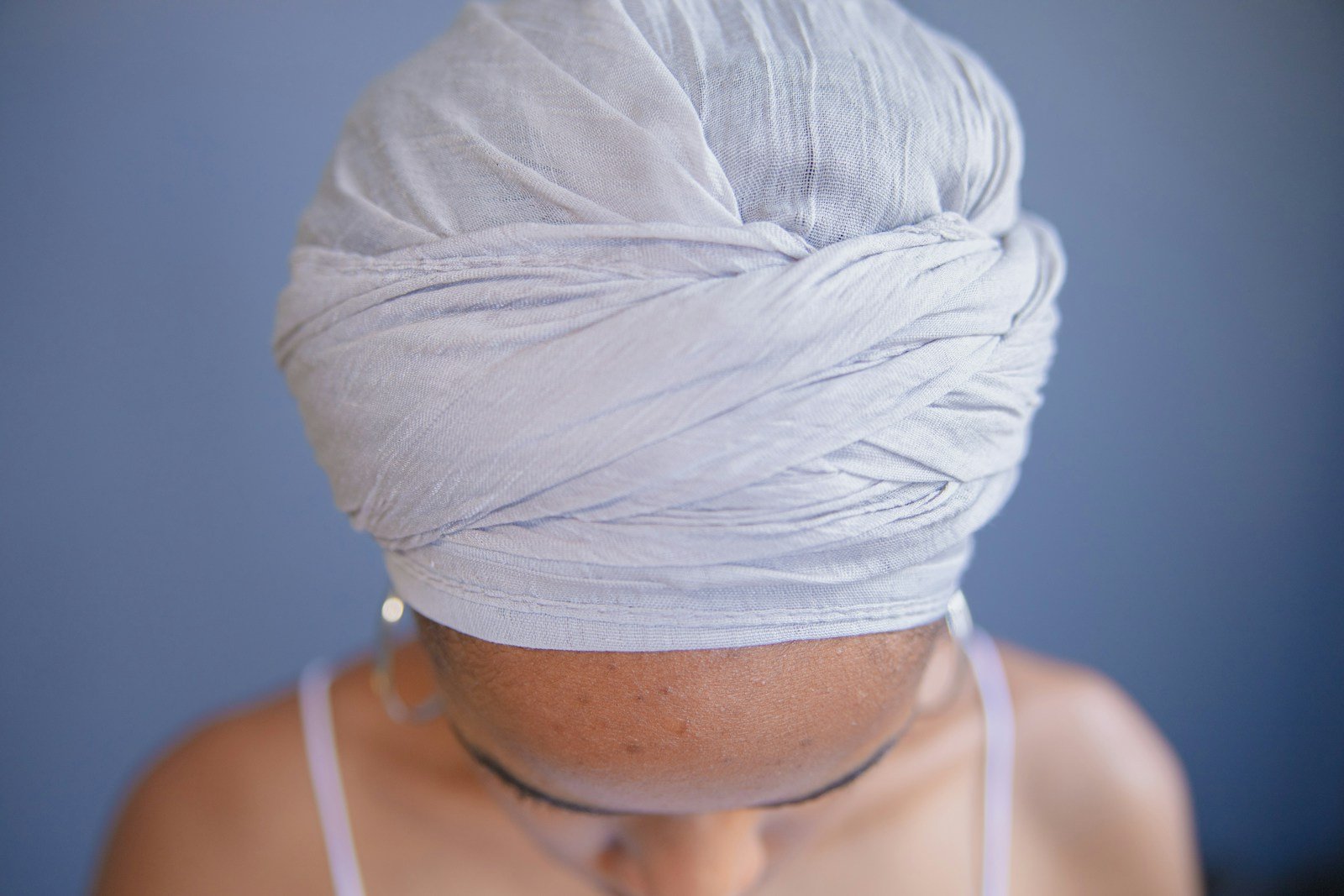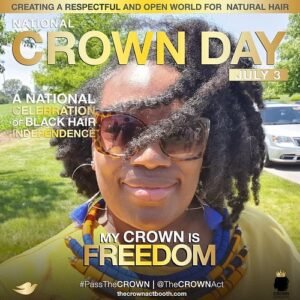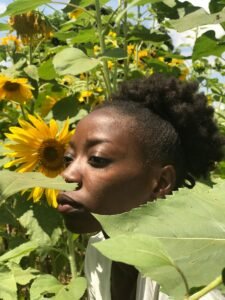Why People Say “Hair Is Hair” When It Isn’t
1. It’s an attempt to avoid admitting difference.
Many people feel uncomfortable acknowledging that Black women need a different kind of care.
Different products.
Different techniques.
Different knowledge.
Saying “hair is hair” allows them to avoid that discomfort.
It’s an escape hatch from responsibility.
2. It’s a denial of cultural and biological diversity.
Afro-textured hair is not one thing —
and it is not identical to straight, wavy, or loosely curled hair.
Different structure.
Different porosity.
Different moisture needs.
Different breakage points.
“Hair is hair” refuses those truths.
It treats Black women as if our experiences are exaggeration, not reality.
3. It keeps white or straight-haired experience as the default.
When someone says:
“Hair is hair,”
what they usually mean is:
“My hair = the baseline
Your hair = the exception.”
It’s a way of erasing every texture outside their own lived experience.
4. It avoids the history of Black hair discrimination.
Because if all hair is the same…
- Why were Black women fired for their natural hair?
- Why did schools ban braids and locs?
- Why were relaxers forced on children?
- Why did the Crown Act need to exist?
People hide behind “hair is hair”
so they don’t have to face that Black women were punished for simply being themselves.
5. It dismisses the emotional and spiritual truth of Black hair.
Black hair isn’t just hair.
It’s culture.
Memory.
Care.
History.
Resistance.
Identity.
“Hair is hair” flattens this richness into something generic and unimportant.
It’s a form of erasure.
6. It silences conversations Black women have been having for generations.
Black women say:
“My curl pattern matts easily.”
“My scalp is sensitive.”
“My hair behaves differently in humidity.”
“I have three textures on one head.”
When someone responds with “hair is hair,”
they shut down the entire conversation.
It’s a refusal to listen.
7. It protects ignorance.
Understanding Afro-textured hair requires:
- curiosity
- humility
- learning
- cultural respect
- unlearning stereotypes
Some people don’t want to do that work.
It’s easier to pretend the complexity doesn’t exist.
So yes — “hair is hair” is usually denial. Not truth.
It’s a statement that refuses:
- difference
- experience
- expertise
- culture
- history
- biology
- and the lived reality of Black women and girls
It is a shortcut that erases us.
